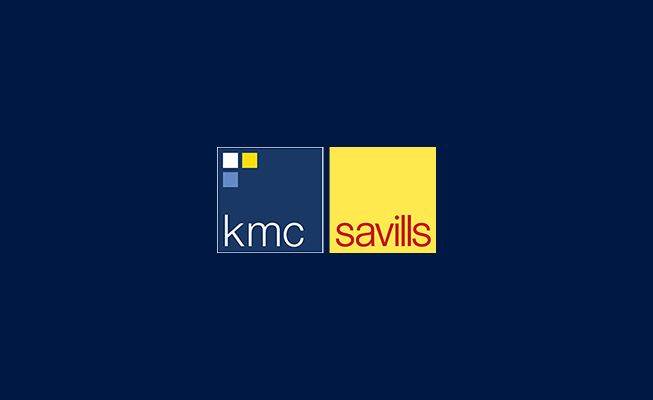
Reading Time: minutes
Paying off your dream house in Alabang or targeted commercial buildings in Fort Bonifacio or Makati does not mean that the financial responsibilities will stop. As a property owner, you still have to pay for maintenance, repairs, monthly dues, taxes, and other costs. If you are an owner and a landlord, you still have to file taxes for your rental earnings, seek permits, and go through different processes to make your business legal. And if you are a foreigner, there are certain limitations in property ownership in the Philippines, which you should understand before investing your money into a building or a condominium.
Following the rules and fulfilling the requirements of the government can be overwhelming, especially for first-time property buyers and owners. To make it easier to navigate the confusing bureaucratic requirements in the country, here's a quick rundown of the rights and responsibilities you need to remember:
For Filipino real estate buyers, investors, and owners
- As Filipino citizen, you can fully own lands and other properties in the Philippines, whether public or private.
- For public lands, a Filipino citizen can only acquire up to 12 hectares of alienable lands (covers only agricultural lands that are part of government-owned property that have not been sold or granted) and 500 hectares through lease.
- Owning a property gives you the right to possess, use, enjoy the fruits, dispose or sell, and to recover.
- As a property owner, you have to:
-
- Pay annual Real Property Tax and Special Education Fund Tax.
- Follow the Building code on height, setback, and materials requirements as well as specifications.
- Take note and comply with the subdivision and zoning regulations as well as the requirements of Philippine laws (Eminent Domain, Escheat, Easement of Right of Way, etc.) before developing a land.
- For condo or apartment owners, you have to:
-
- Pay Real Property Tax and Special Education Fund Tax for the unit and the common area and land.
- Insure the condo or apartment and share the premium payments for common areas.
- Pay condo and association dues and assessments.
For foreigners
- You can acquire Philippine properties through inheritance from blood relatives and properties that are under the 1935 Philippine Constitution.
- For investors, you can only own up to 40% of units in a condo development in the country.
- If you are a former natural born Filipino citizen, you can still acquire properties, but it is subject to limitations and requirements prescribed by law.
- You can only acquire up to 1,000 sqms. of urban land and 1 hectare of rural land for residential purposes and up to 3 hectares of rural land or 5,000 sqms of urban land for business purposes.
Owning a property in the Philippines can be tricky, especially for foreign investors and companies who are new in the market. Before you invest your hard-earned money on any property, consult an expert real estate professional to get up-to-date and comprehensive advice on property ownership and investments in the country. Contact KMC MAG Group's professional real estate brokers for more information.

